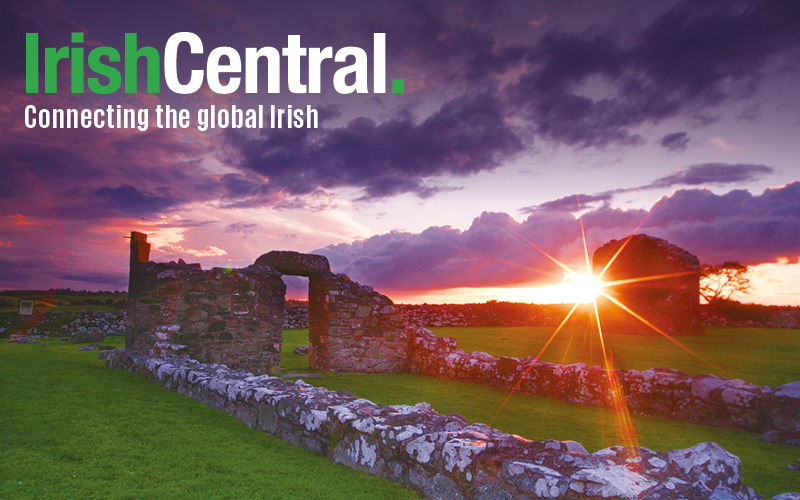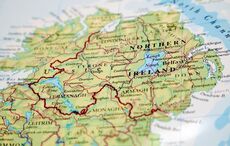General Sir Robert Ford, the British General in command in Northern Ireland during the tragic Bloody Sunday killings in Derry in 1972, died last week at the age of 91.
He passed away on November 24 in Dorset, England.
Ford had held the role of most senior British army front-line commander in Northern Ireland for the six months during which the Bloody Sunday shootings took place.
On January 30, 1972 the Northern Ireland Civil Rights Association organized a march in Derry to protest against the policy of internment, which the British government had introduced the previous August. On January 18 all marches had been banned by the government, but the NICRA went ahead with their plans despite the ban. When the crowd would not disperse, British paratroopers opened fire on the crowd of protesters and bystanders. Thirteen men were killed on the spot, seven of whom were teenagers, and a fourteenth died months later due to injuries.
At the time, the paratroopers claimed that the protesters had been armed that that they were returning fire, but none of the victims was found to have been carrying weapons – a claim supported and echoed by General Ford.
The Saville Report, which took 12 years to carry out, concluded in 2010 that the soldiers had lied, that the killings were unjustifiable. These findings led directly to an apology from UK Prime Minister David Cameron.
However, the Saville Report also exonerated General Ford, finding him to not be at fault.
“In our view his decision to use 1 Para as the arrest force is open to criticism, but he did not know his decision would result in soldiers firing unjustifiably,” the Saville Report stated, as noted by the New York Times in Ford’s obituary.
As the paper described it, “General Ford acknowledged that he had encouraged his troops that Sunday with the cry, ‘Go on Paras, go on and get them and good luck!’ But he insisted that he was urging them to arrest the several hundred hooligans who had broken away from the marchers and, he said, had begun attacking soldiers with rocks. It was ‘right and proper’ for a commander to inspire his troops who were poised to undertake an unpleasant task, he said.”
Also included in the obit was a 1984 interview Ford granted to Desmond Hamill in which he again described the events of Bloody Sunday as understandable, going so far as to call it a “local success”:
“’I was terribly saddened that 13 people were killed,’ General Ford said. ‘But unlike some other people, I understood why 13 were killed. In Belfast, in a similar situation, there wouldn’t have been any innocent people killed – they would all have been lying on the floor and out of sight. In Londonderry they weren’t used to being shot at – and I think probably a lot of innocent people were standing around.’"
He continued: "So the operation wasn’t a success — it was a local success in that the amount of hooligan damage in the next month was almost nil. But that was really a very small reward for all the tremendous impact it had on the army and everything else."
Ford is survived by his second wife and a son from his first marriage.
Most recently in the Bloody Sunday inquiry, a former British paramilitary was arrested and questioned in Co. Antrim in connection with the deaths of William Nash (19), Michael McDaid (20) and John Young (17) during the 1972 protest.




Comments